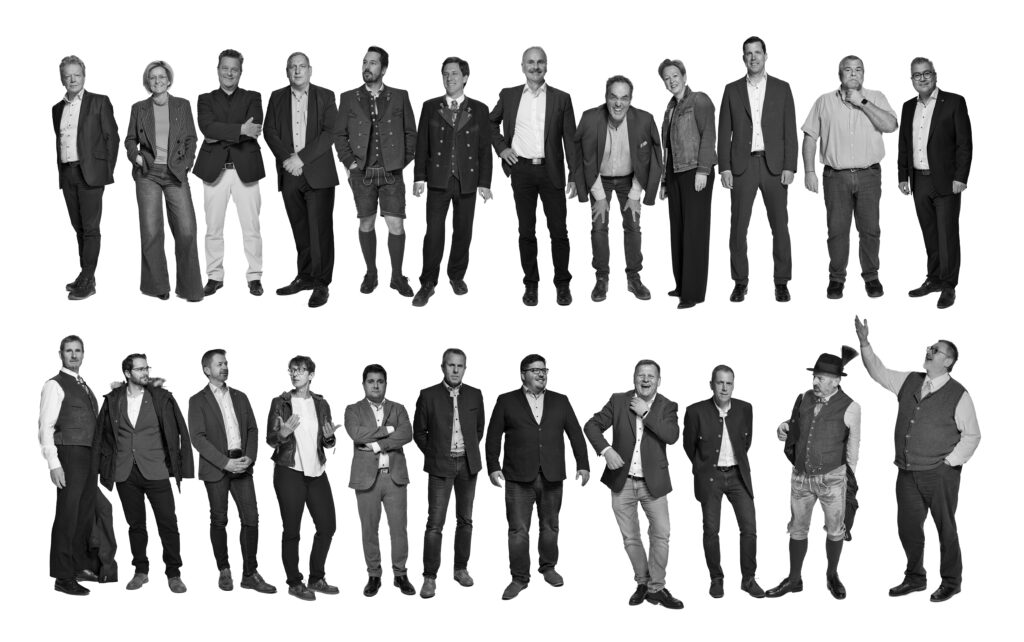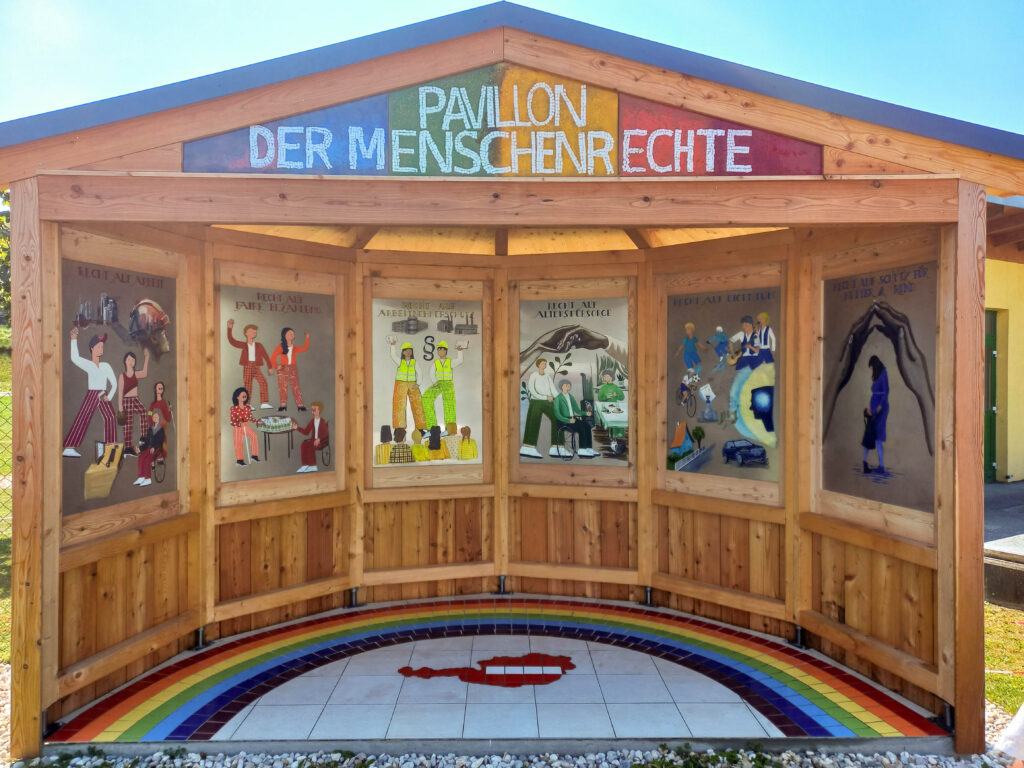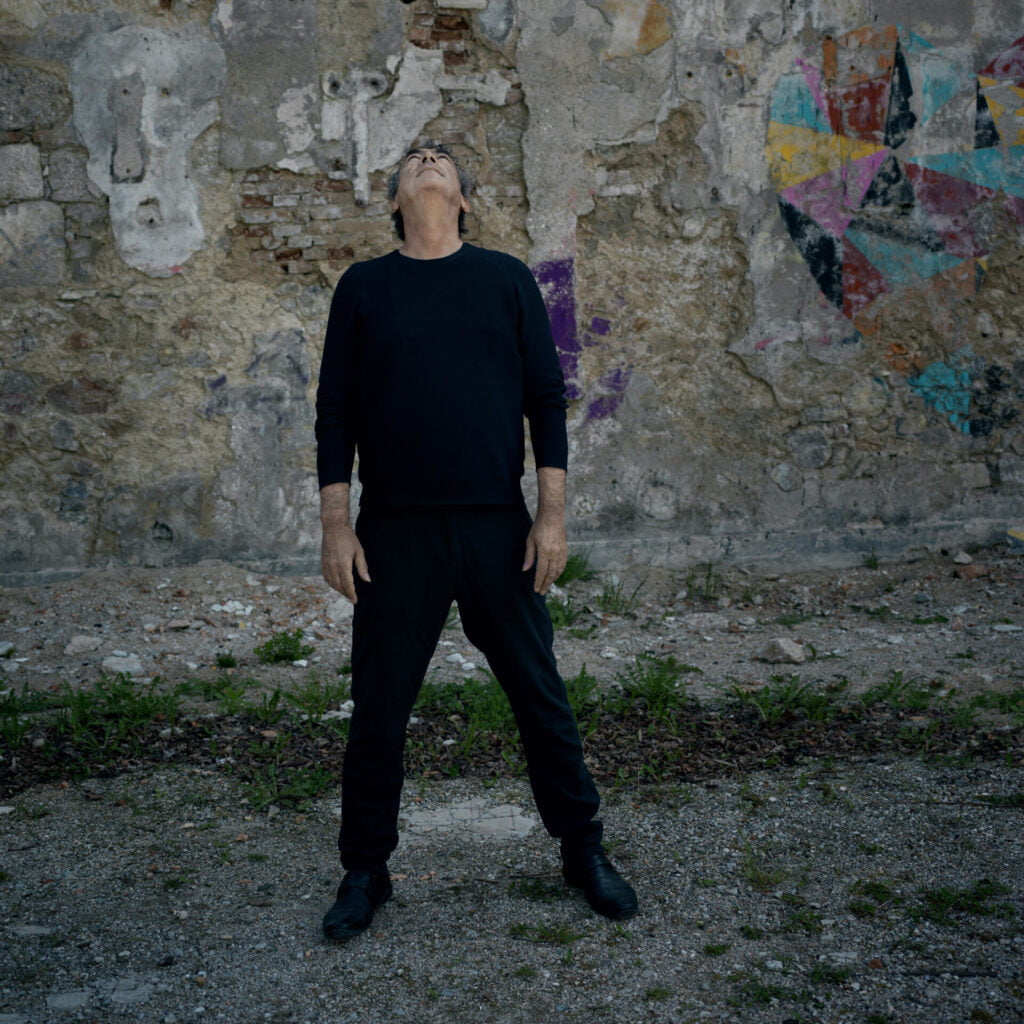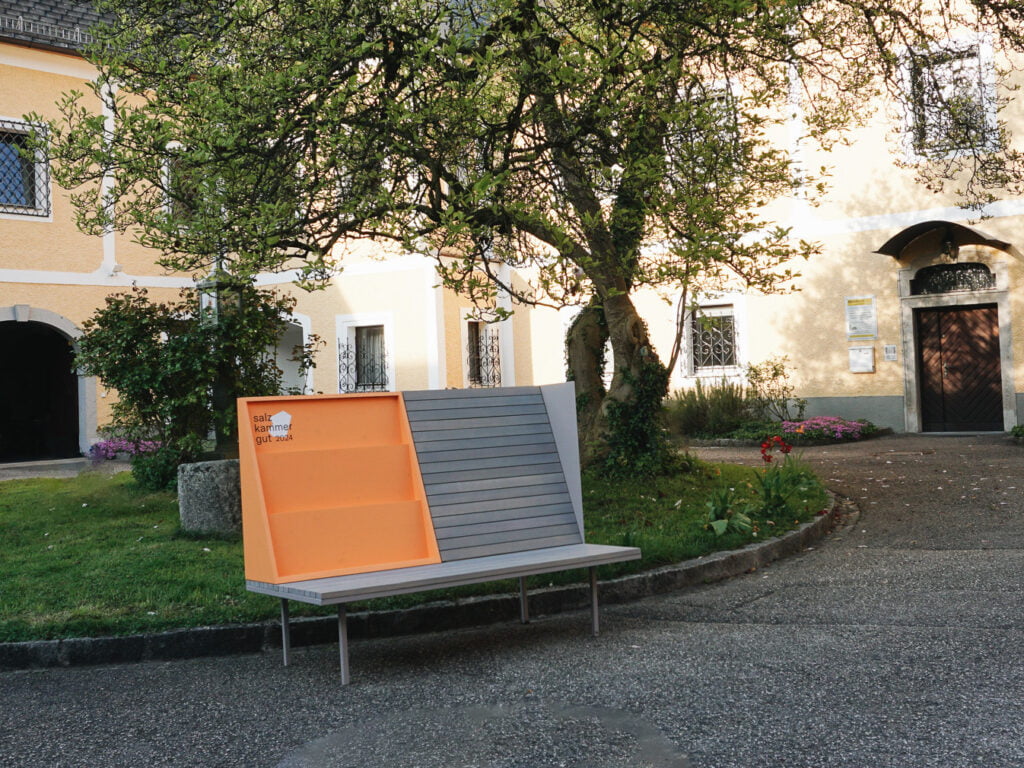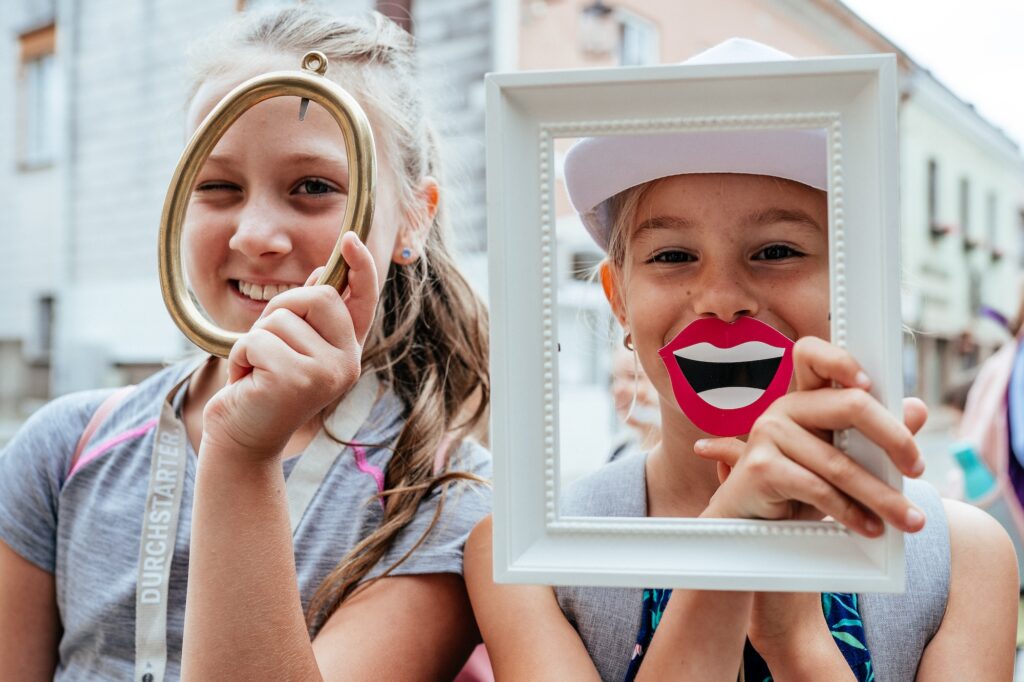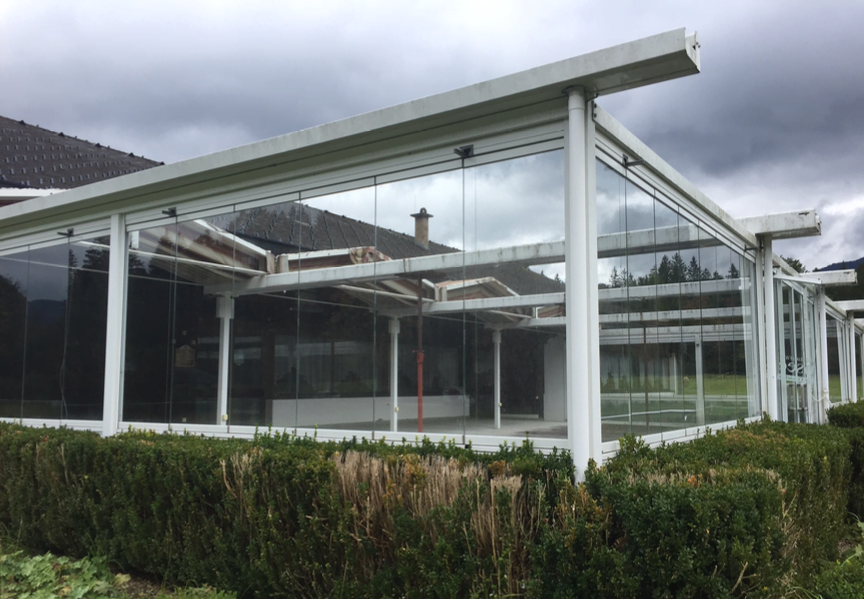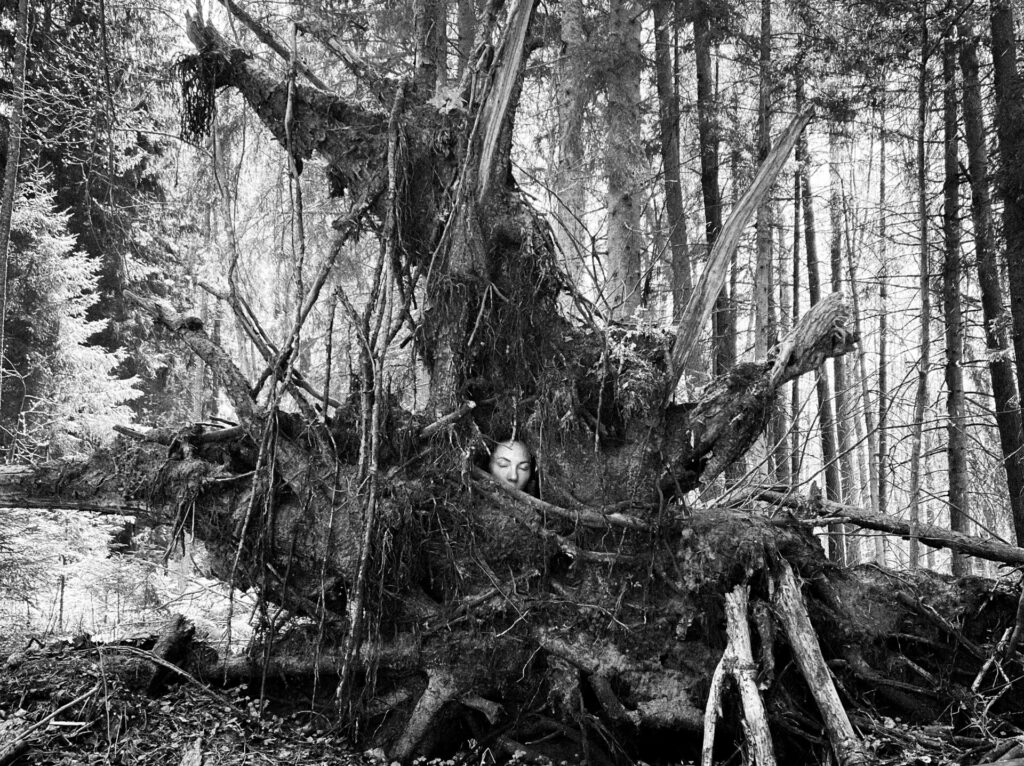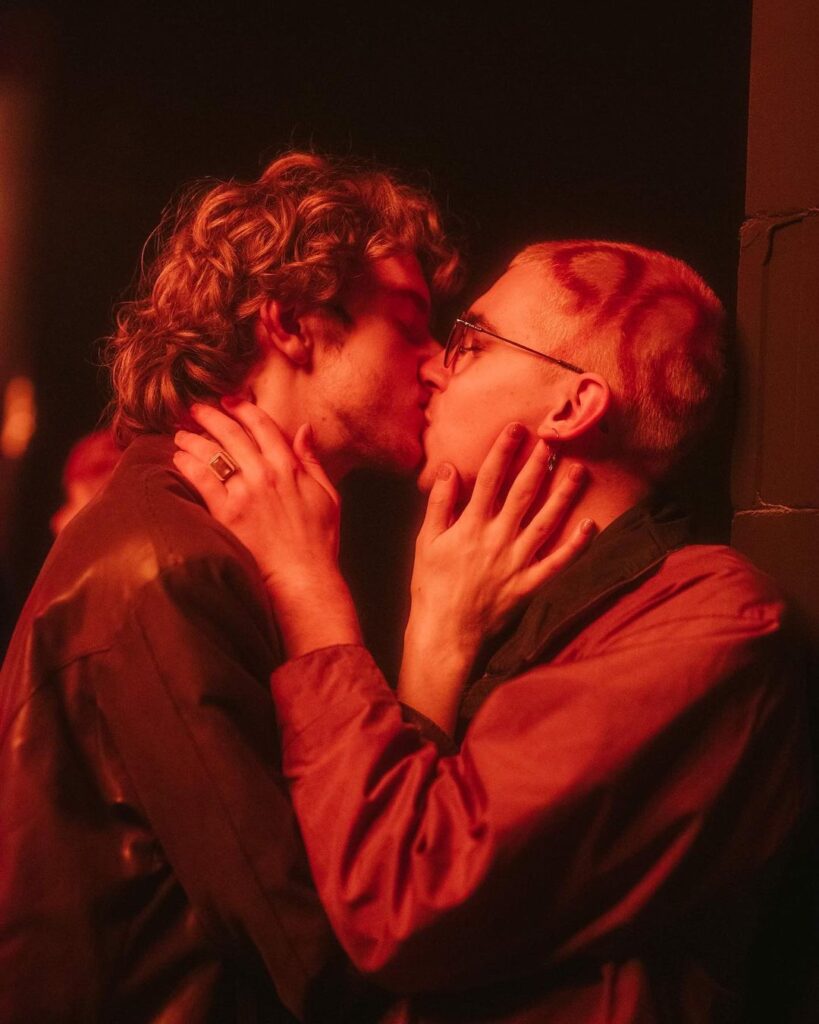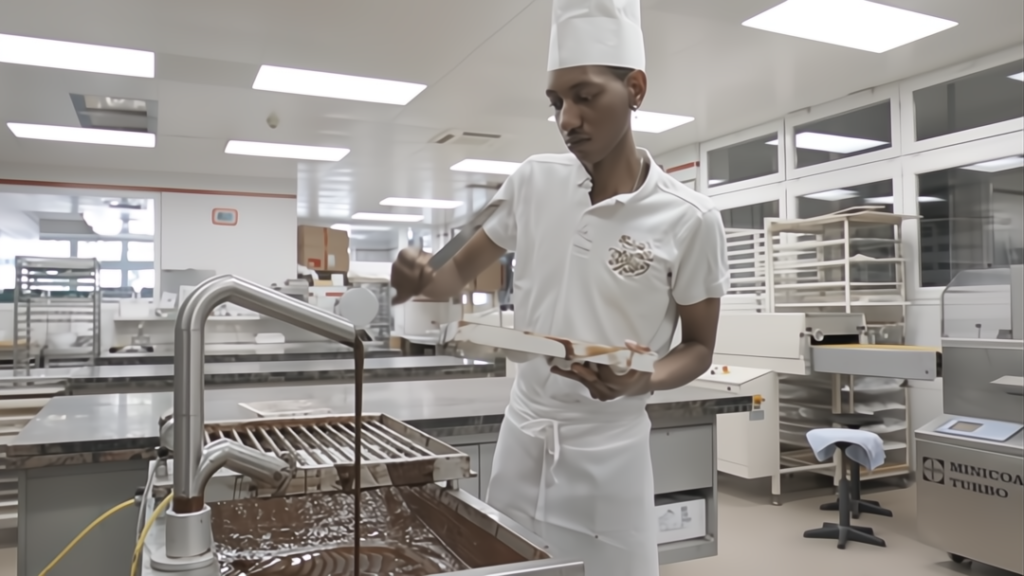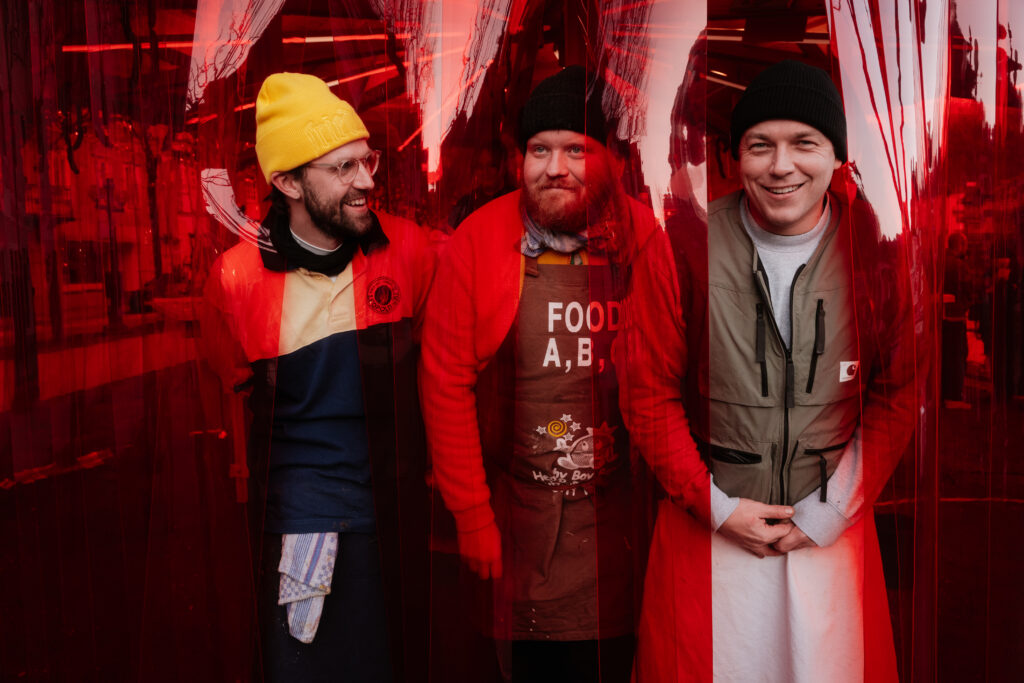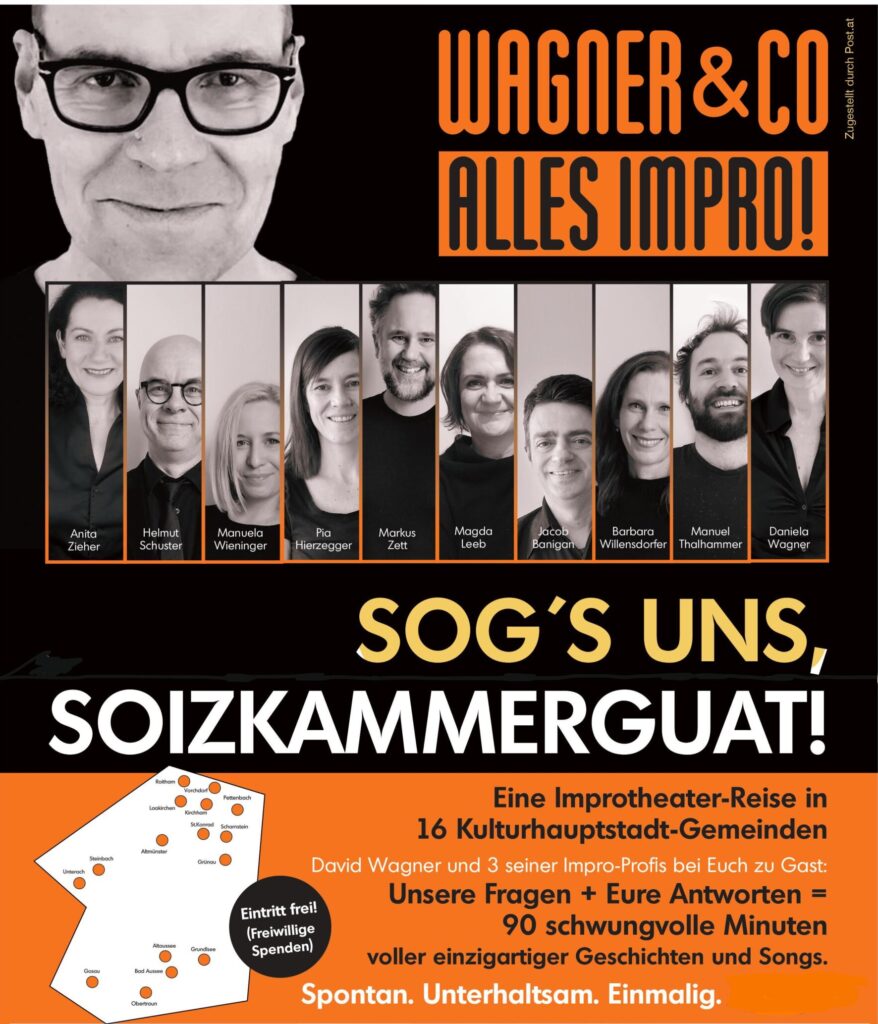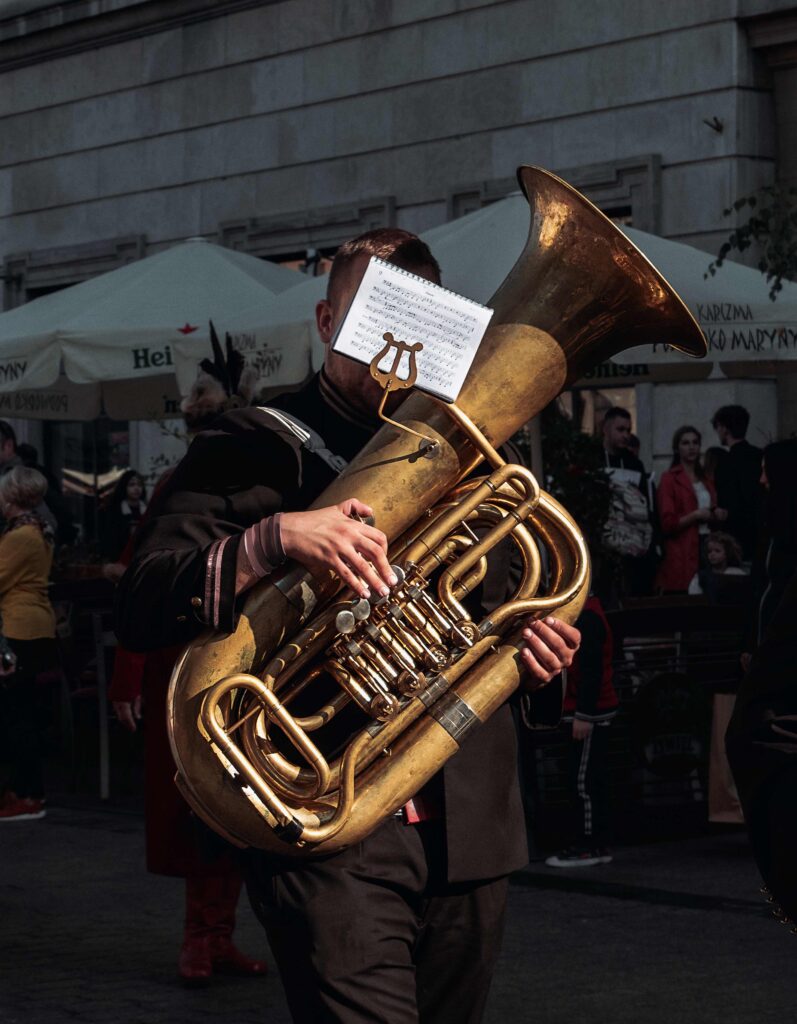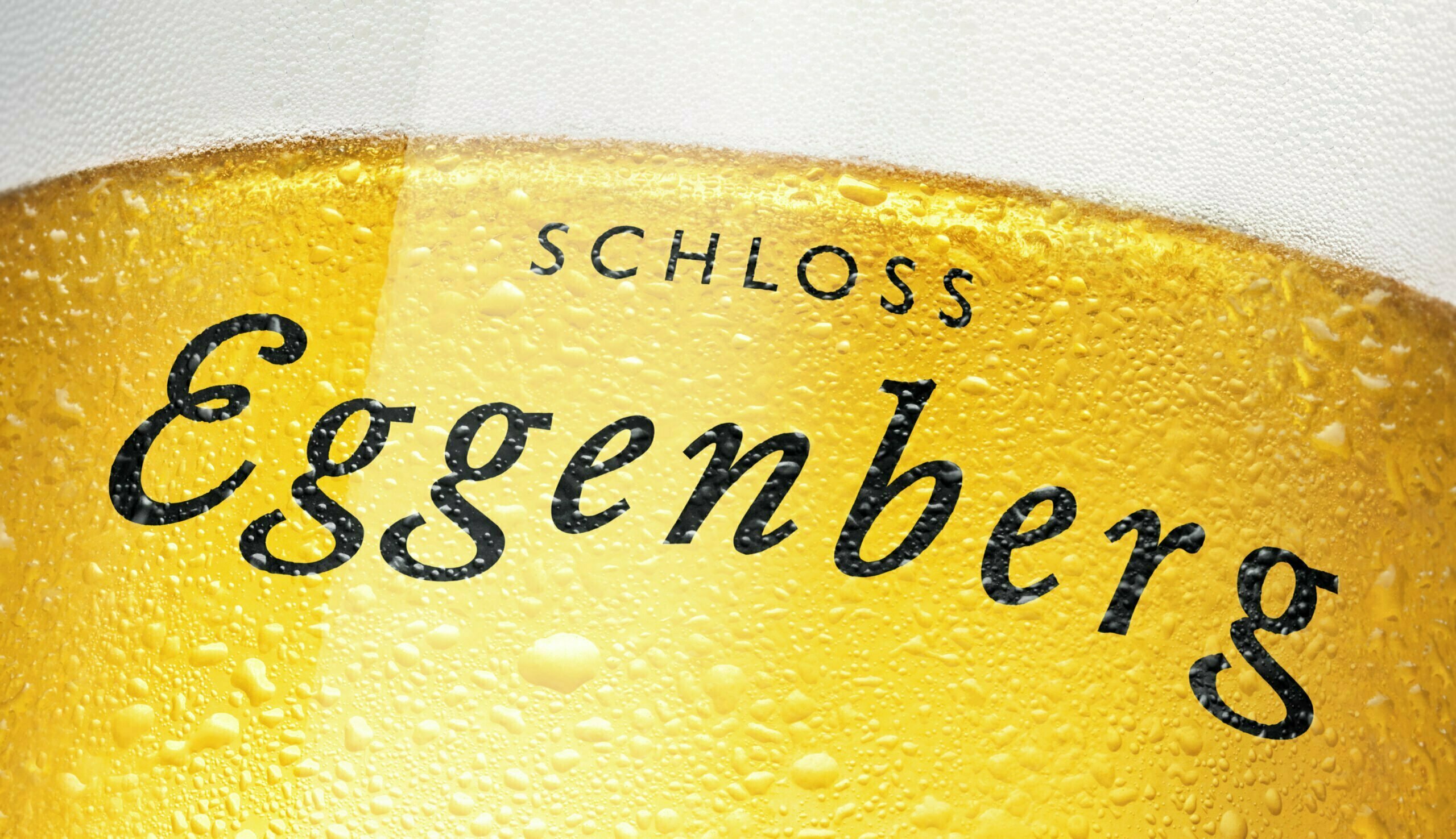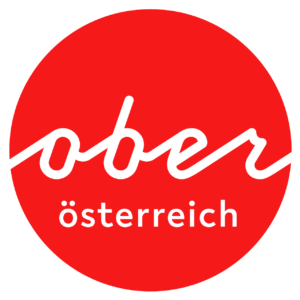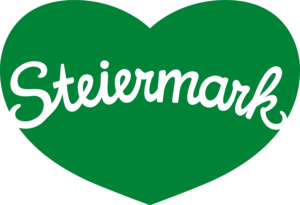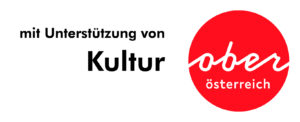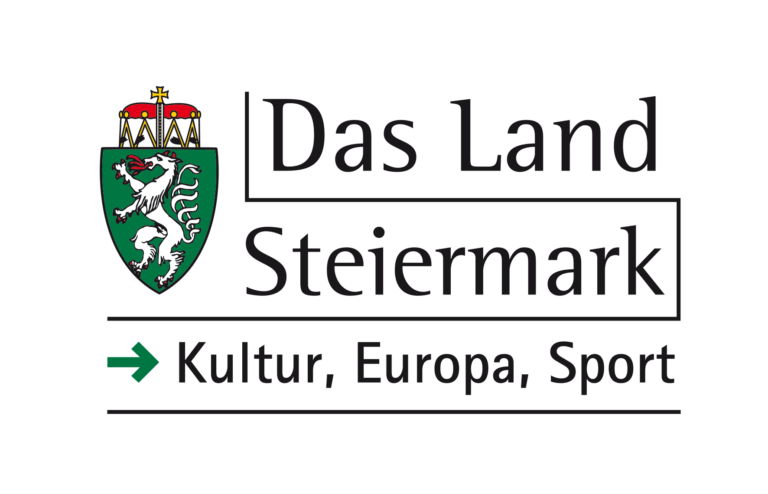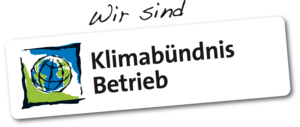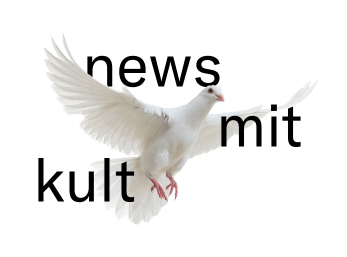Roitham am Traunfall
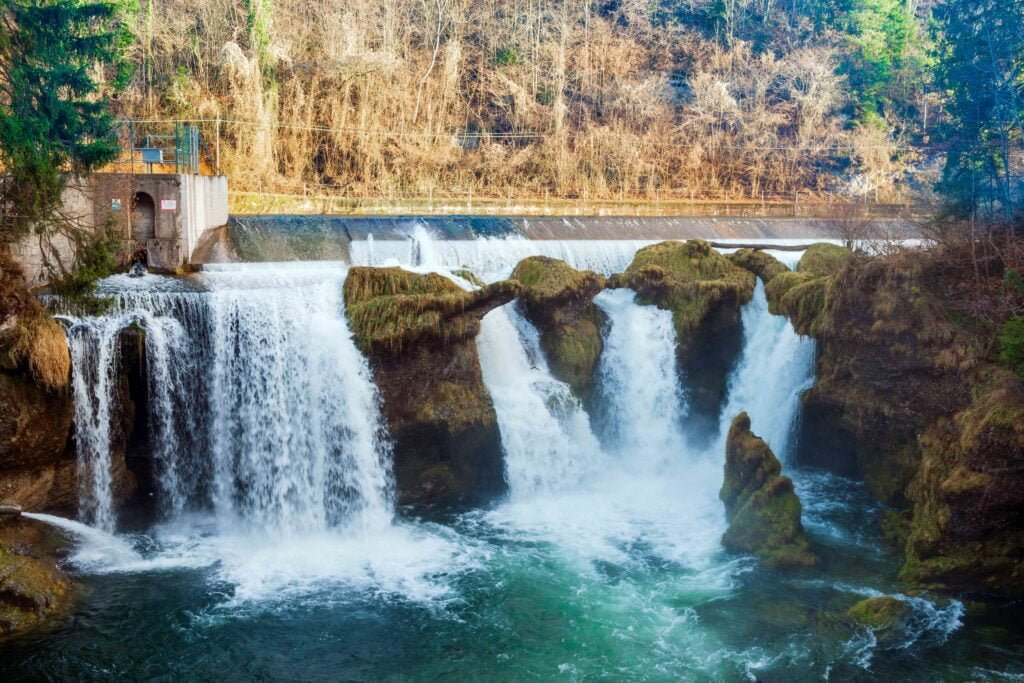
Roitham am Traunfall
The community of Roitham am Traunfall with its approximately 2000 inhabitants is located directly on the Traun River in the foothills of the Alps, about halfway between Gmunden and Wels. Roitham am Traunfall is the northernmost community of the district of Gmunden. In terms of traffic, Roitham am Traunfall is well connected by the federal highway 144. Along the southern border of the municipality runs the Westautobahn with the freeway exits Laakirchen Ost and West.
Roitham “a place where it is worth living”. Many jobs, an active club life and the proximity to mountains and lakes are offered in the community. Young families should be attracted by the new, modern elementary school and the generously equipped kindergarten. Many age-appropriate apartments have been built in the village center.
History: It is no longer possible to reconstruct exactly when the first settlement in the Roitham am Traunfall area took place, but there is circumstantial evidence that the first settlers cultivated the land here in the 8th and 9th centuries at the latest. In 1191 Roitham am Traunfall is mentioned in a document for the first time. The name “Roitham” is composed of the Old High German “riutan” (=roden) and the Germanic suffix “-ham” (=home) and thus means home on cleared land. In the early centuries, not only great spiritual and secular lords, such as the Traungau Counts from the Wels-Lambach dynasty and the Benedictine monastery of Lambach, had their possessions in Roitham am Traunfall, but also smaller knightly dynasties such as the “Rocher”, who gave their names to the villages of Außerroh and Innerroh. The independent cadastral communities of Außerpühret, Deising, Kemating, and Roitham merged in 1861 to form the political community of Roitham. The municipality of Roitham am Traunfall belonged to the district of Vöcklabruck until 1949. It was incorporated into the district of Gmunden in that year.
Municipal coat of arms: By decision of the Upper Austrian provincial government of November 18, 1985, Roitham am Traunfall is granted the use of the municipal coat of arms. The Traunfall bridge and a Kaplan turbine are depicted on a red background in the upper part. The Kaplan turbine refers to the Traunfall power station, which was one of the largest of its kind in Central Europe at the time of its construction (1902). The silver beam, broken with a right step, represents the Traunfall. The golden shell on the green part of the coat of arms refers to the patron saint of our parish church, St. James the Elder.
Sehenswertes in Roitham am Traunfall
Heading zweizeilig
Lorem ipsum dolor sit amet, consectetur adipiscing elit. Ut elit tellus, luctus nec ullamcorper mattis, pulvinar dapibus leo.
Heading zweizeilig
Lorem ipsum dolor sit amet, consectetur adipiscing elit. Ut elit tellus, luctus nec ullamcorper mattis, pulvinar dapibus leo.
Heading zweizeilig
Lorem ipsum dolor sit amet, consectetur adipiscing elit. Ut elit tellus, luctus nec ullamcorper mattis, pulvinar dapibus leo.
Magazin
Introtext Lorem ipsum dolor sit amet, consetetur sadipscing elitr, sed diam nonumy eirmod tempor invidunt ut labore et dolore magna aliquyam erat, sed diam voluptua. At vero eos et accusam et justo duo dolores et ea rebum.
